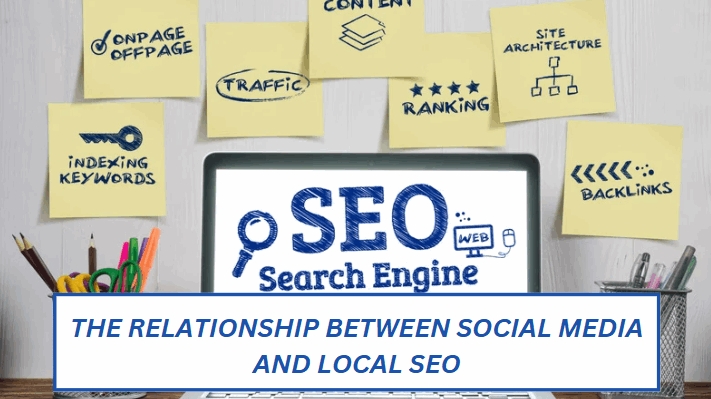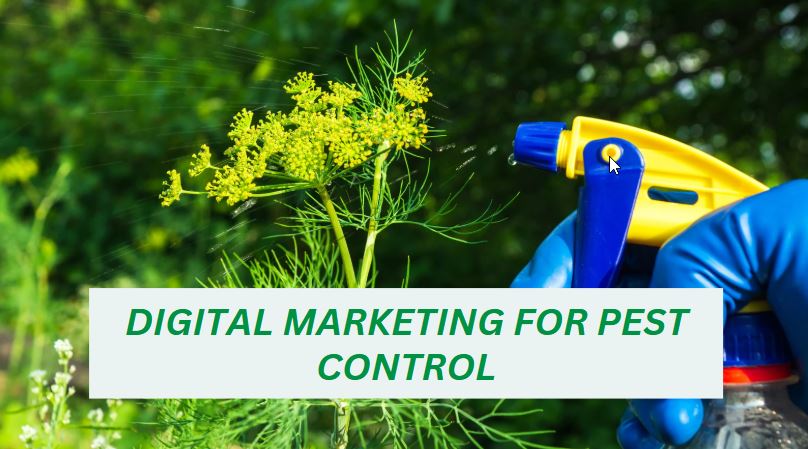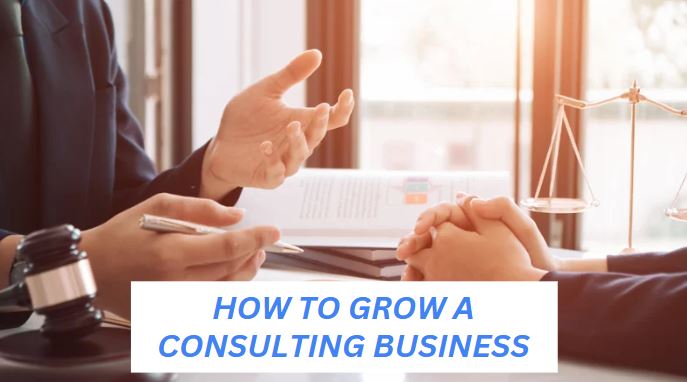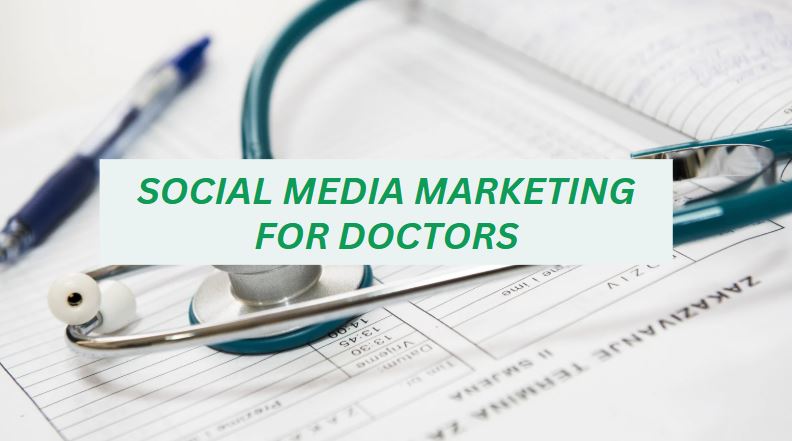There’s no doubt that search engines like Google offer high-quality traffic. Working on a comprehensive local SEO strategy helps you get that traffic on autopilot. But, why rely on a single source of traffic when you can build multiple? That’s especially important when different traffic sources directly or indirectly impact each other in the long run. In this guide, we’ll talk about local SEO and its relationship with your social media presence. You’ll learn how to leverage both for maximum marketing benefits. Let’s dive in.
Understanding Local SEO
Local SEO is particularly relevant to businesses with a physical location or ones that offer services within a particular area. Every local SEO strategy works on improving your business’s visibility for local search terms like “Best coffee shops near me” or “Best HVAC services in (City name)”. The effectiveness of your local SEO strategy decides your visibility on Google.
Let’s say your target keyword is “Coffee shop near me”. Effective local SEO ensures your Google Business Profile or relevant website page appears at the top of Google’s first page. The 3 most important aspects of any local SEO strategy are:
- Claiming and optimizing your Google Business Profile
- Keeping your business information consistent across the web
- Effectively target location-focused keywords on your website
The Role of Social Media in Digital Marketing
Local SEO helps you get search engine traffic, but your competitors are also trying to rank there. We recommend an omnichannel marketing approach, especially when one strategy can help the other. Social media has a massive audience size of over 5 billion, according to Statista. You don’t want to miss out on that, no matter your industry. Social media marketing can help you in the following ways:
- Build brand Identify
- Create a more direct communication channel with customers and prospects
- Allow you to reach untapped audiences
You May Also Like: How to Do Pinterest Marketing for Your Business?
The Impact of Social Media on Local SEO
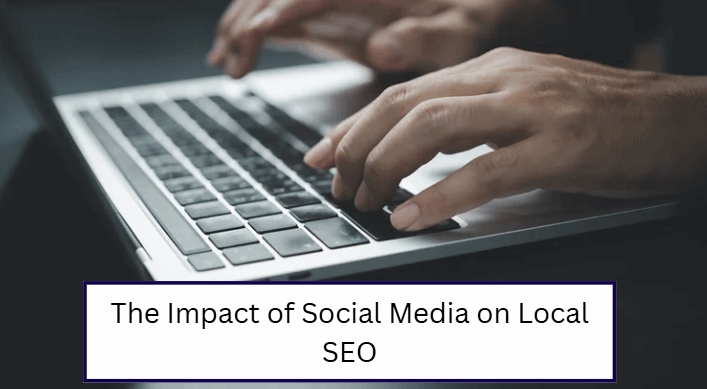
While social media does not directly impact your website or GBP rankings, it can help your search engine visibility indirectly. When you share your web pages on social media and attract decent traffic, it sends a positive signal to search engines, which can indirectly help your organic visibility. In addition, when you build your brand on social media, more people start searching it on Google, sending another positive signal to search engine bots.
In addition, while social media backlinks don’t carry a lot of link juice or authority because anyone can build them, they can have a positive overall impact on your link profile. Plus, as your social media visibility improves, there are more chances that other website owners will mention you on their website, providing you with a valuable backlink. Consistent NAP (Name, address, and phone number) helps your business build credibility in the eyes of Google. Keeping your information consistent across social media platforms can also contribute to that cause.
Related: User-Generated Content vs. Influencer Marketing (Which is More Powerful?)
Improve Local SEO with Social Media
Let’s talk about some social media strategies that can potentially improve your local SEO rankings.
Optimize Your Social Media Profiles
Make sure your social media profiles are fully optimized with relevant keywords and business information. Keep your NAP information accurate and consistent across all social media platforms.
Post Content Related to Your Local Business
Content related to your locality can help you get more visibility in that area. Talk about local events, and news, and collaborate with local influencers to get noticed by the right people.
Use Geotags and Local Hashtags
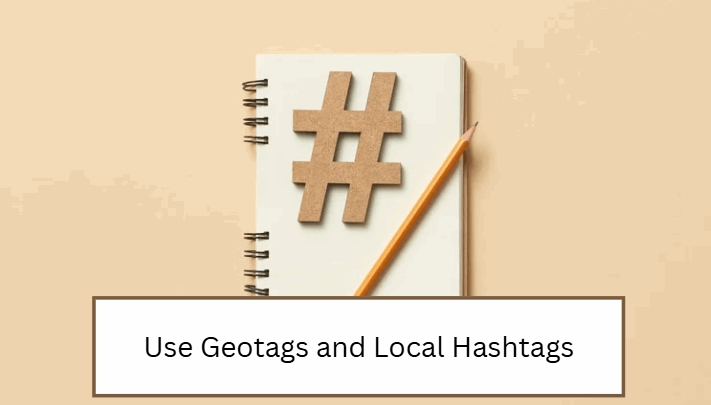
Tell social media algorithms about your location by using geotags and local hashtags in your posts. Example: #SeattleEats for a restaurant business. This can help you reach your target audience with organic social content.
Build Social Signals
While social signals might not be a direct ranking factor, they can help your reputation, which can in turn boost your website’s authority. To do that, participate in conversations and encourage your audience to engage with your content.
Stay Consistent with Content Posting
This might sound pretty basic but to get success with social media organic marketing, you need to post relevant, high-quality content consistently. Don’t worry if your first few posts don’t get any traction. Staying consistent is a way to tell the algorithms that you’re a reliable source of information in the industry.
Related: What is Social Listening and Why It’s Important?
Leveraging Reviews and Testimonials on Social Media
Positive customer reviews are a local business’s superpower. Your happy customers can help you get new customers by giving you positive reviews on Google. You can use social media platforms to build relationships and get more people to leave feedback on your GBP reviews page. A simple request will work for most of your customers. However, it’s better to focus on customers that are more likely to leave a positive rating.
The Relationship Between Social Media and Local SEO: FAQs
Let’s address some frequently asked questions about the relationship between social media and local SEO.
What is the Relationship Between Social Media and SEO?
Social media marketing and search engine optimization are two different strategies or marketing channels. However, social media signals, such as localized content, relevant backlinks, and consistent business information, can help your local SEO indirectly.
Do Links from Social Media Impact SEO?
Links from social media platforms don’t directly impact your SEO. However, if the links you share get traffic to your site, you can expect an improved SEO performance as it’s a positive signal for the algorithm.
Which Social Media is Best for SEO?
The best social media platform for you is the one where your target audience hangs out. Popular platforms with audiences in almost every industry are Facebook, Instagram, and Twitter. If you’re in the B2B industry, LinkedIn would be perfect.
Related: Social Commerce vs. E-Commerce (Everything You Need to Know)
Conclusion
Social media may not directly impact local SEO, but it can help it in several indirect ways. Increased traffic to your website from external sources (Social media) is a signal to search engines that your content is worth consuming. The key to using social media for local SEO is creating localized content, staying consistent, and keeping your NAP information consistent across all platforms.

